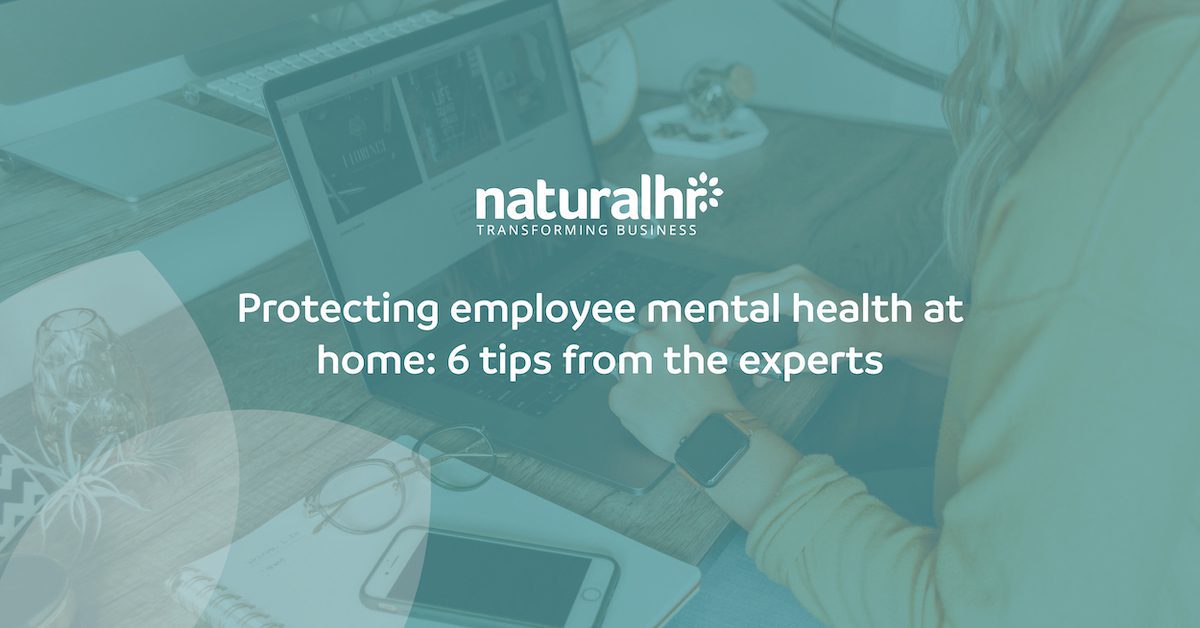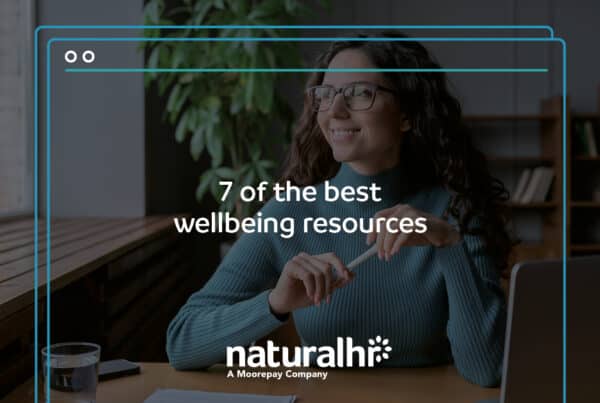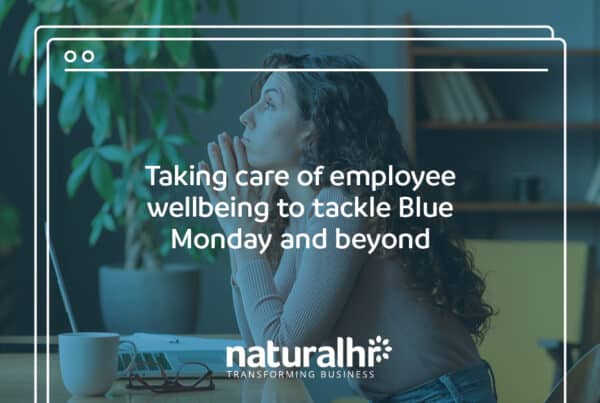
Nearly a year since the Prime Minister advised the public to work from home where possible, and in an effort to reduce the spread of the coronavirus, many of us are still 100% remote.
Despite 15 million employees still working from home, it is safe to say for many; it hasn’t gotten any easier. These prolonged periods of isolation, social distancing and lockdown have devastated industries and livelihoods – and our mental health is suffering because of it.
The usual methods we enlist to protect our mental health such as exercise, taking yoga classes, seeing friends and family are unavailable or closed during these periods of lockdown. As a result, research by leading mental health charity, Mind found that 60% of adults said their mental health has deteriorated during lockdown.
Quite often, workplaces are structured environments with a defined routine where many of us thrive and enjoy the social aspect of going to work. To have this significant part of our lives pulled from under our feet has had a detrimental impact on many – especially for those that live alone, without any kind of support bubble or network.
That’s why we reached out to the mental health community and asked experts, practitioners and champions to share their top tips for protecting employee mental health while we’re at home.
Our own research found that 65% of HR leaders are prioritising health and wellbeing in 2021. Throughout a challenging year, HR professionals have taken it upon themselves to prioritise employee health and wellbeing in the wake of the coronavirus.
At a time when the methods or advisory services recommended to employees to support their health and wellbeing in the past may not be available or accessible right now, savvy HR leaders have stepped up to provide wraparound support for their employee throughout lockdown.
The benefits of comprehensive mental health support for employees are vast – and go far beyond personal and societal benefits, as Helen Pericleous, Director of HR Consultancy and mental health specialists, PsycHR shares: “Research tells us that investment in mental health initiatives such as training, returns on average £5 for every £1 spent, and in some cases as high as 10.8:1 ROI. So, when it comes to convincing senior management to invest in mental health initiatives, remember there is a commercial benefit in improving mental health in the workplace.”
And yet, for many, the provision of mental health services is largely reactive. Only once an employee has experienced the impact of poor mental health do many employers introduce any form of a mental health initiative. When coupled with the disassociation that sometimes comes with working from home, it can be easy to forget that every employee has mental health that needs looking after.
A sentiment shared by Harry Bliss, CEO of workplace health and online mental health training provider, Champion Health: “From behind a screen, it can be a challenge for us to remember that everyone has mental health. This is why combining reactive with proactive wellbeing strategies is so crucial. By doing this, you’ll support 100% of your workforce and reduce the number of colleagues that reach crisis point. Providing online health assessments to your entire organisation is one proactive strategy that’s proven really effective because it’s data-driven. By analysing the results of the assessment, you’ll pinpoint the areas of workplace wellbeing that you need to focus on right now. Good data means no more guesswork and is a fantastic resource when navigating tough board-level discussions.”
During these periods of lockdown, working from home and reduction in social contact; it is easy for every day to feel like ‘Groundhog Day’ with little variation in how we spend our time – professionally and personally. For those of us that are working from home, the mundanity of being at home round the clock can still be challenging to adapt to.
A recent survey by the Office for National Statistics found that just under two-thirds of 16- to 69-year-olds surveyed were most affected by boredom, stress and anxiety, and the inability to make plans.
Author, Emotional Empowerment Coach and business mentor, Hayley Wheeler cites the importance of taking time out to reconnect with ourselves and practicing self-knowledge in order to boost our mental health and wellbeing: “Spending time getting to know you, your dreams, goals, likes and dislikes, helps you make better choices about what you can do to reconnect with yourself, dig deep and enjoy the process. Reignite your passion, do things that make you happy, things that make you laugh, be around people who empower you and be in places that make you feel good.”
Recent research by Talent LMS found that just 36% of remote workers have a dedicated home office. Many choosing to work from the living room, bedroom or dining room to get their work done. Where the lines between our professional and personal lives have become blurred, many may be finding it difficult to switch from work mode to relaxed mode.
Federica Cinosi is a psychologist and health coach at the EidynWell School of Health & Wellbeing, she shares the importance of, where possible, defining boundaries between where we work and where we relax: “Working from home during lockdown means that you work, relax, practice your hobbies, (virtually) socialise, and even exercise in the same space. We do not all have the luxury of having a room fully dedicated to being a home office; however, it’s important that you establish one defined area to be your office and that you do not do anything else but working in this particular space. Avoid working on your bed, sofa or kitchen table. Each space, even if small, should be fully dedicated to its purpose. This means that when you are not working, you’ll not be thinking about work and enjoy the downtime you deserve.”
Similarly, carving out time to communicate and talk to friends and family is critical to our mental health and wellbeing. Kirsten Samuel, CEO and founder of employee wellbeing company, Kamwell explains: “Being at home for long periods of time during lockdowns has meant that time to catch up with friends or family has been in short supply. But talking, sharing and offloading is key to maintaining mental wellbeing. So, take opportunities to talk about how you’re feeling and try to be honest about any challenges you’re facing – a problem shared is almost always a problem halved. And don’t be afraid to share with people outside your ‘inner circle’. You are not alone.”
In the same vein, life & career change coach, Claire Brown stresses the importance of taking breaks. It can feel like while working from home we need to be visibly online all of the time but stepping away from our screens can really reinvigorate our minds and set us up for productivity. “Irrespective of your workload, give yourself permission to take regular breaks away from the screen and intentionally block these times out in your diary if needed. Put in place healthy boundaries (including use of tech) and be intentionally selective on accessing social media & the news.






